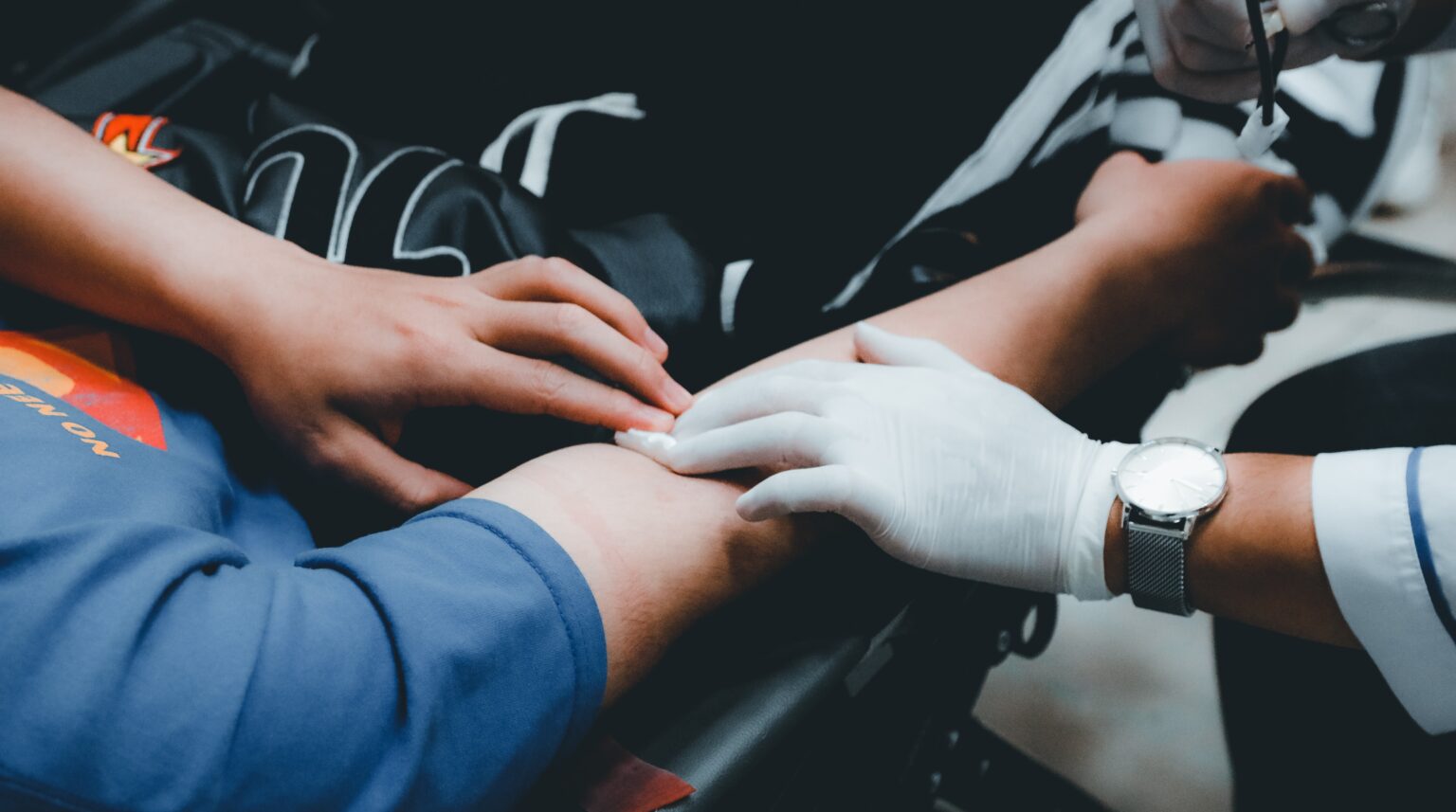Which countries are pushing to end discrimination in blood donation?

For decades, men who have sex with men have been barred from donating blood or subject to discriminatory rules. Now, as both our Rainbow Map and Annual Review 2023 show, an increasing number of countries in Europe are dismantling these discriminatory practices. As European Public Health Week comes to an end, let’s take a closer look at the countries paving the way.
Since the early 80s, certain groups with higher rates of HIV were prohibited from donating blood, including gay and bi men, and trans people in some cases. These measures, intended to prevent contagion, contributed to the stigma in these communities. Today, with advancements in testing and a better understanding of blood-transmitted viruses, blood banks are now capable of ensuring safer donations. It is also time to acknowledge that risk behaviours, not sexual orientation or gender identity, should determine who is eligible to donate blood.
European Public Health Week (EUPHW) seeks to raise awareness about public health and foster collaboration within the European public health community. Since 2019, this annual initiative keeps on growing. This year, from 22 to 26 May, it has focused on various themes, including diversity in health, access to care, and mental health care for all.
LGBTI people continue to face discrimination in healthcare and encounter numerous barriers to accessing proper care. That is why it remains crucial for more countries to revoke blanket bans or long waiting periods for blood donations, so men who have sex with men (MSM) and trans people are treated equally in health spaces.
Instead of blanket bans or long deferral periods, a non-discriminatory approach to blood donations would base fitness to donate on the same set of risk assessment criteria for all potential applicants, with deferral decisions based on risk behaviours without focus on sexual orientation and/or gender identity.
The trend-setters
In 2022, 11 countries lifted bans or reduced deferral periods for blood donations from MSM (and trans people in some cases), and there was no regression in this trend. Bans were lifted in France, Greece, Ireland, Lithuania, Slovenia, Austria, and Armenia. In total, 18 European countries have ceased discriminating against MSM and trans people in blood donation.
Other countries are also following these steps towards equality. Germany recently passed a law banning discrimination in blood donations, although guidelines are yet to be published and implemented. Belgium and Estonia have shortened their deferral periods as well. In Belgium, the Ministry of Health introduced a four-month deferral period in May 2022 after the High Council of Health (CSS) concluded that the 12-month abstinence requirement for MSM who want to donate blood was no longer justifiable. Similarly, Estonia reduced the deferral period from 12 to four months. Furthermore, the Chancellor of Justice later stated that any such blanket restriction is unreasonable and discriminatory.
By focusing on risk behaviours rather than sexual orientation or gender identity, men who have sex with men and trans people are one step closer to breaking free from discrimination and stigma. At ILGA-Europe we will continue to work for a world where every LGBTI person is equal and can fully enjoy their human rights.